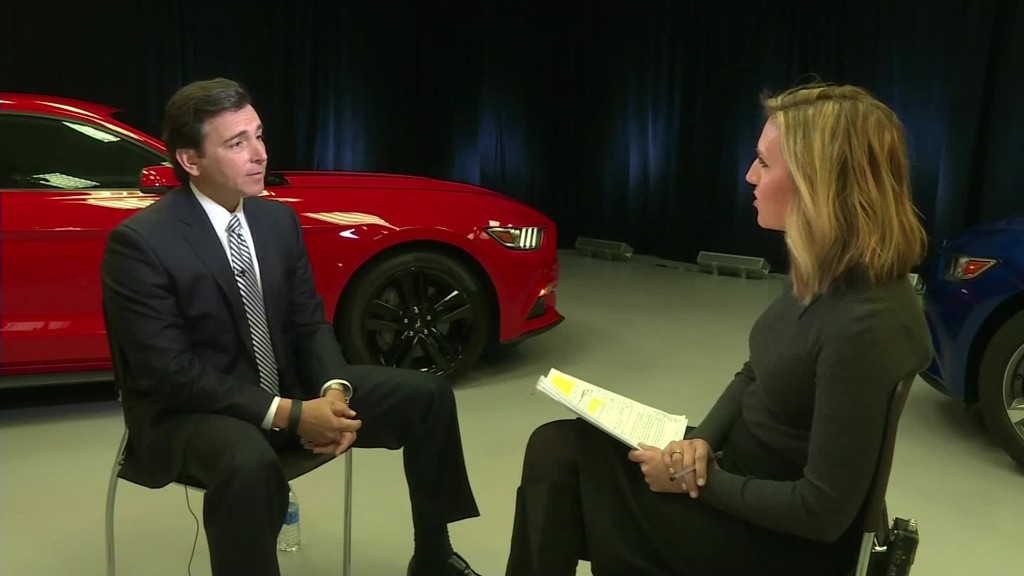
Larry Summers doesn't seem to have much respect for President-elect Donald Trump's economic team.
He labeled their ideas: "voodoo economics."
The two lead players are: Peter Navarro, the economics professor tapped to lead Trump's newly created White House Trade Council, and Wilbur Ross, the billionaire investor nominated to be commerce secretary.
Navarro and Ross teamed up to write a paper last summer, where they argue that America can level the playing field of free trade and balance the country's budget.
"The Navarro-Ross paper is well beyond voodoo economics," Summers told Bloomberg Tuesday.
The Harvard professor, who served as treasury secretary under President Clinton and director of President Obama's National Economic Council, also added: "The arguments made are so far out of the mainstream of any kind of responsible economic thinking that they are the economic equivalent of creationism."
Voodoo economics generally refers to policy that is unrealistic, where there's increased levels of public spending accompanied with reduced taxes. President George H. W. Bush used the term voodoo economics to describe Reagonomics.
In the paper, the two trade leaders on Trump's team suggest these reforms:
Related: Trump and trade: What you need to know
1. Lower corporate taxes to encourage companies to bring cash back to America and invest in jobs
2. Cut government regulations by 10% (details weren't given on which regulations would be targeted)
3. Eliminate America's $500 billion trade deficit (by renegotiating deals with various countries)
4. Expand U.S. energy production (by allowing more drilling and more coal burning)
Summers, who is a Democrat, isn't buying that plan, particularly the notion that lowering corporate tax rates will make companies invest and create jobs in America. Summers argues that cash will only enrich investors, not workers.
"The reality is that cash that is brought home will be used to pay dividends, to buy back shares, to engage in mergers and acquisitions, to rearrange the financial chessboard, not to invest in large amounts of new capital," Summers said. "It is a chimera to suppose that there will be large increases in capital investment as a consequence of that repatriation."
--Heather Long contributed reporting to this article


